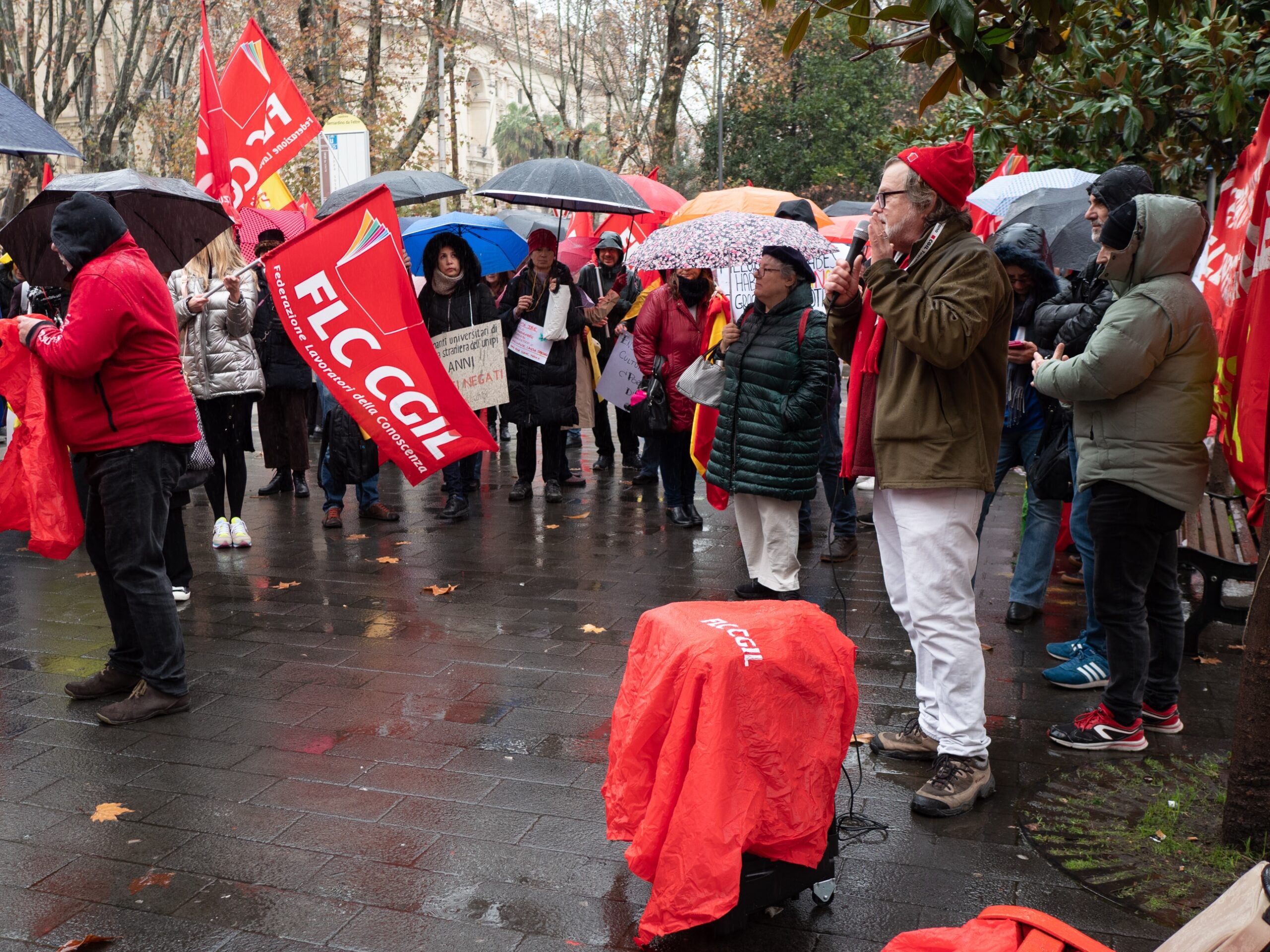Lettori case // 7 of Ireland’s 13 MEPs have signed a Rule 138 parliamentary question to Commissioner for Jobs and Social Rights, Nicolas Schmit, asking if the Commission will immediately refer the long-running Lettori discrimination case to the Court of Justice of the European Union(CJEU) for what would be a fifth ruling in the line of litigation which extends back to the seminal Allué ruling of 1989.
Failure to comply with the Lettori case law
The question was occasioned by Italy’s failure to comply with the ruling in enforcement case C-119/04 within the two-month period given by the Commission in its January press release announcing the movement of infringement proceedings to the reasoned opinion stage. Rather than paying the settlements due to Lettori for decades of discriminatory treatment as requested by the Commission, Italy, in a Decree Law of 04 May, “instead legislated for additional time to come up with additional legislation to supposedly meet Treaty obligations it has infringed for over 3 decades”, as the Irish MEPs word it in their question.
In a speech before the European Parliament on Wednesday, Dublin MEP Clare Daly, who drafted the parliamentary question, strongly denounced the ongoing discrimination against Lettori. The points covered in her speech are in continuity with points she has raised in a series of telling questions on the Lettori case to the Commission over the mandate of the present parliament.
7 MEPs co-sign the question to the EU about the Lettori
MEP Daly’s influential, penultimate question, co-signed by 7 of her Irish parliamentarian colleagues and placed shortly before the opening of the infringement proceedings, is framed within the context of the benefits and the accompanying responsibilities of EU membership. Placing the circumstances of the longest-running breach of the parity of treatment provision of the Treaty before the EU conscience, her words, which succinctly define the core principle at stake in the Lettori case, are worthy of citation:
“Italian universities receive generous funding from the EU. Italy has received the biggest share of the Recovery Fund. Surely, the ethic of reciprocation demands that Italy obey the rule of law and implement the most recent CJEU ruling in favour of the lettori: case C‑119/04.”
In one of her first acts in office newly elected FLC CGIL General Secretary Gianna Fracassi wrote to Commissioner Schmit, also calling for the immediate referral of the Lettori case to the CJEU. That FLC CGIL would ask the European Commission to prosecute the country of which it is the largest trade union for discriminatory treatment of non-national workers is most probably a novelty in supranational trade union representations, and the step provides authoritative backing for the Lettori campaign. The letter, which was copied to Commission President Ursula von der Leyen and Italy’s Minister for Universities, Anna Maria Bernini, has also been sent to all of Italy’s MEPs.
FLC CGIL Union sides with the Lettori
As a percentage of the overall FLC CGIL membership, the Lettori component is negligible. That the union has come to side so strongly and so publicly with the Lettori is due to the tireless work and painstaking persuasion of John Gilbert, a Lettore at the University of Florence. Instrumental in organizing the December protest outside the offices of Minister Bernini, his well-received address to his colleagues on that occasion touched on many of the points raised in the recent FLC CGIL letter to Commissioner Schmit.
If the FLC CGIL request to the Commission to prosecute the country in which it is legally established is novel, the conduct of “La Sapienza” University of Rome-based Asso.CEL.L, an official complainant in the Commission’s infringement proceedings, is atypical of unions too. A policy of not taking contributions has freed Asso.CEL.L from any need to self-promote and in the process won it the confidence of Lettori nationwide.
Its well-designed website, which receives thousands of hits and attendant downloads per year, seeks to educate visitors to the site about what has become a test case of the enforceability of Treaty provisions in the face of opposition from an intransigent Member State. The Census page shows university-by-university the results of the national survey conducted with FLC CGIL, which documented to the Commission’s satisfaction the non-payment of the settlements due to Lettori under CJEU case law.
This Census is alluded to in the Irish parliamentarians’ question to the Commission. Containing details on the beneficiaries of the ruling in Case C-119/04, their years of service, the more favourable parameters won before local Italian courts, it is a data bank with reference to which the settlements due to the Lettori could easily be calculated and made. It is in this context that the good faith of the recent Decree Law, which yet again defers to future legislation the arrangements for the payments of the settlements to Lettori, must be questioned.
Awaiting the interministerial decree
As yet another Pilar Allué Day (the annually commemorated date of 30 May 1989 and Allué’s first victory before the CJEU) goes by, lawyers for Asso.CELL and FLC CGIL still await the publication of the Interministerial Decree promised in the Decree Law of 04 May.
While a press release announces that Minister for Universities and Research, Anna Maria Bernini and Minister for Economy and Finance, Giancarlo Giorgetti, have signed the Interministerial Decree to provide settlements for reconstruction of career, much to the frustration of the Lettori the text of the legislation itself has not been made public.
Whether the reconstruction of career due is in strict accordance with the CJEU ruling in Case C-119/04 , or whether the Interministerial Decree will be yet another measure by means of which Italy again attempts to evade its obligations to the Lettori under the Court case law thus still remains to be seen. Given the track record of misinterpretation of the Court’s ruling, Lettori commemorating Pilar Allué Day this week were understandably sceptical.
Under the Rules of Procedure of the European Parliament, the Commission now has 6 weeks within which to reply to the Irish parliamentarians’ question.














